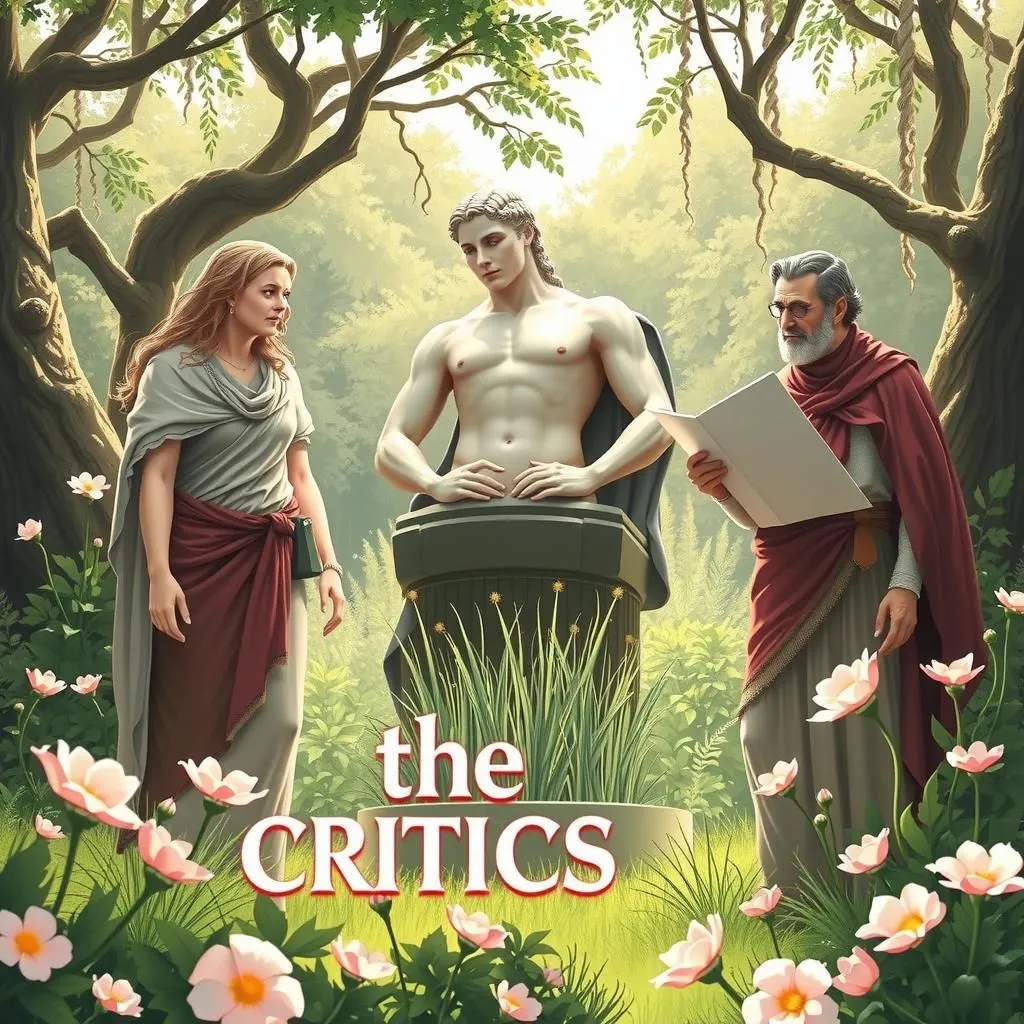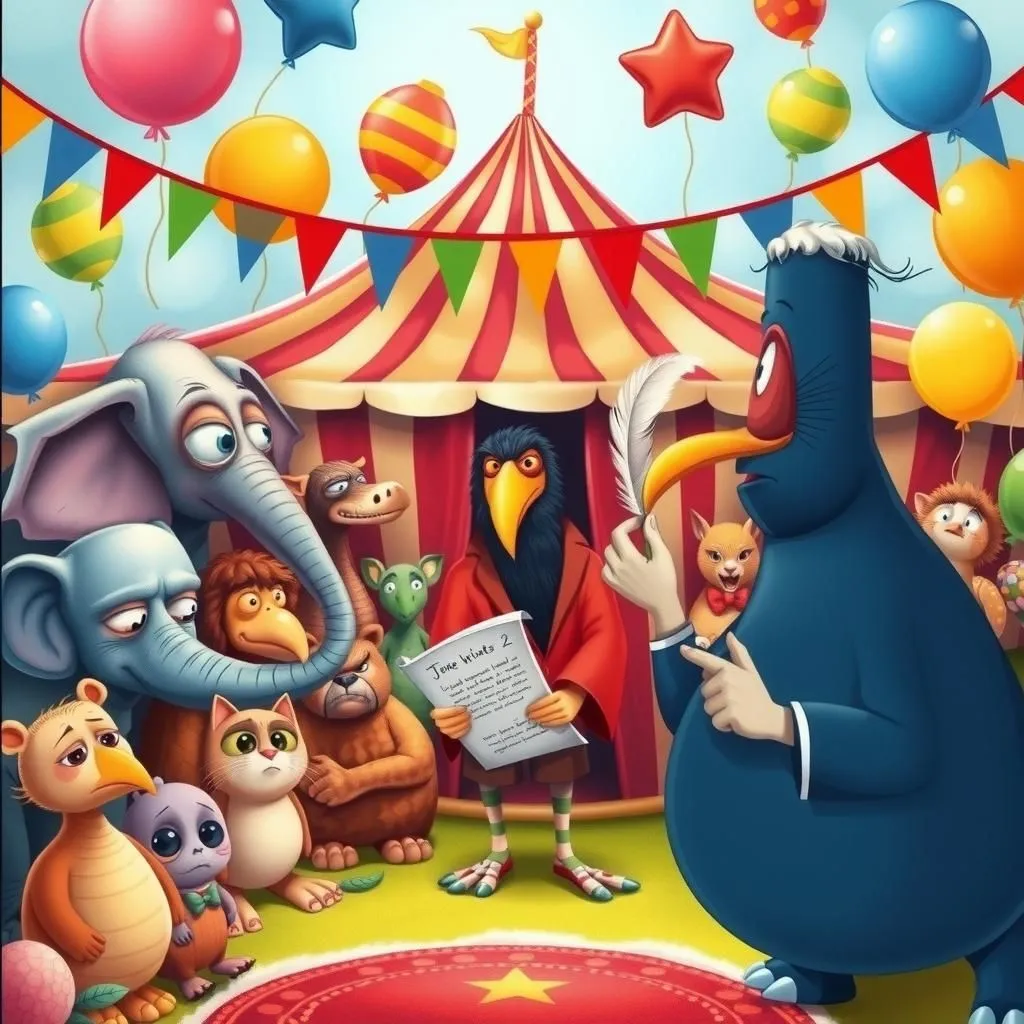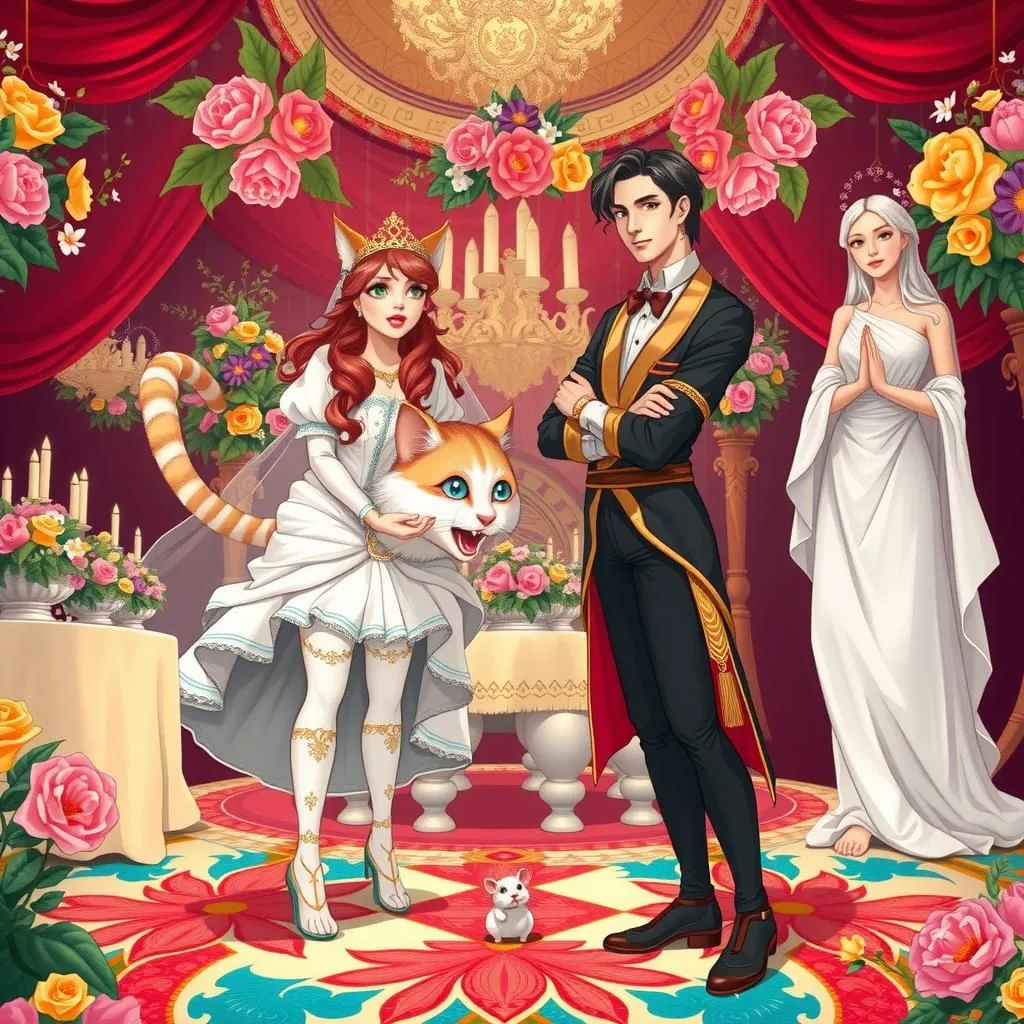
The Fox and the Leopard
In the simple short story "The Fox and the Leopard," a debate unfolds between the Fox and the Leopard over who is more beautiful. While the Leopard showcases his striking spots, the Fox emphasizes that true beauty lies in intelligence and inner qualities, imparting a heartwarming life lesson about valuing character over outward appearance. This moral short tale reminds readers of the importance of inner beauty and wisdom.


